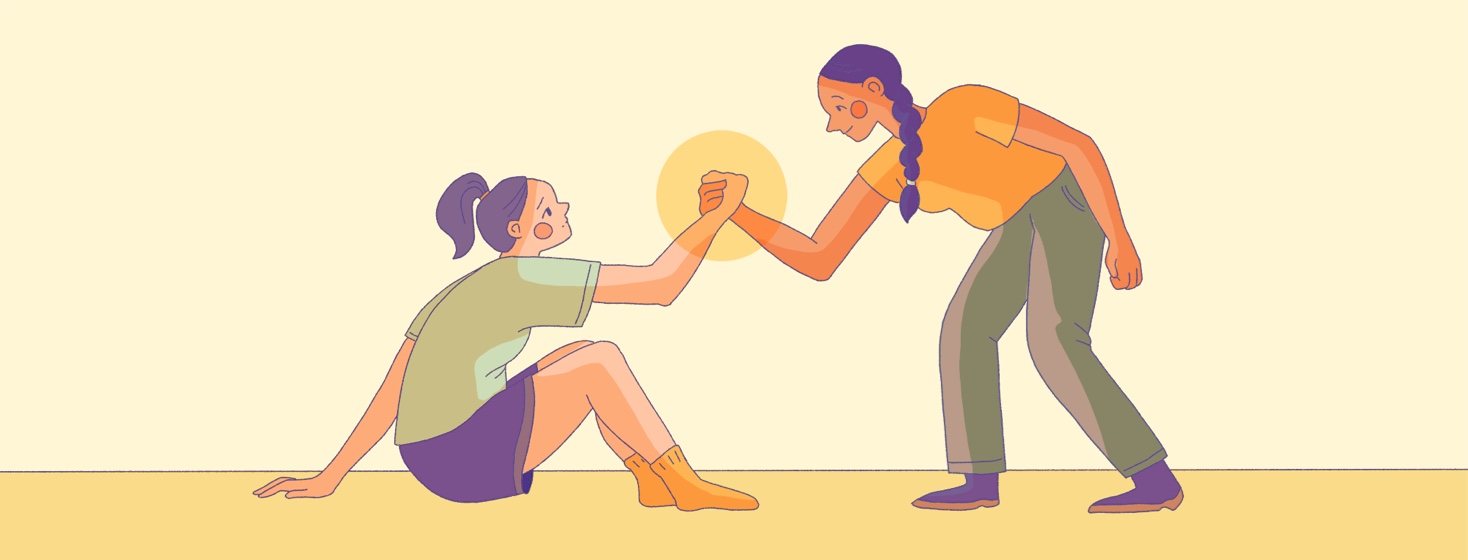Supporting Those in Your Life with Endometriosis
I’ve written a lot about supporting your loved one with endometriosis, and this often tends to be from my own perspective – that is, living as a couple without dependents. Today, I wanted to widen that perspective and include others in our lives that might have endo. After all, the condition affects one in ten women, so chances are there are other people in your life living with the diagnosis.
Supporting these other people - whether it’s a friend, daughter, sister, colleague, student, etc. – will look different depending on the relationship you have with this person and the amount and type of time you spend together.
For example, I often encourage taking on extra chores or responsibilities when your loved one is having a flair up – doing the dishes, grocery shopping etc. – and whilst this will still be relevant to a daughter or housemate with endo, it would be less so with someone you don’t live with. Similarly, asking how they are and talking candidly about their pain and symptoms might be helpful to someone you know intimately, this would be much too personal a topic to breach with someone you don’t know as well.
But there are some things you can do to support anyone in your life with endo, regardless of who they are.
Understand
Whether you are helping support a loved one, or you are a manager to an employee with endometriosis, understanding the condition and its associated symptoms and struggles is really important. Being informed on the subject will not only help you empathize and communicate with the person better, but in a workplace scenario it will better help you prepare and make any necessary adjustments to support them at work.
Listen
Understanding someone’s endometriosis is great, but thinking you have a better idea of how to deal with it than they do is not. It’s important to listen and really hear what they are saying. No one understands their body and struggles better than they do, and with a condition like endometriosis – which is understudied and has a wide range of symptoms and severities – it’s important to listen.
Advocate
No matter who you know with endometriosis, you can support them by advocating for them. As I just said, endometriosis is still understudied and - although it is gaining recognition – its recognition still falls far short of it’s impact on public health. We can advocate for all members of the endometriosis community by spreading awareness of the condition, supporting charities and organizations where we can, and standing up for the people in our lives who live with endometriosis.

Join the conversation